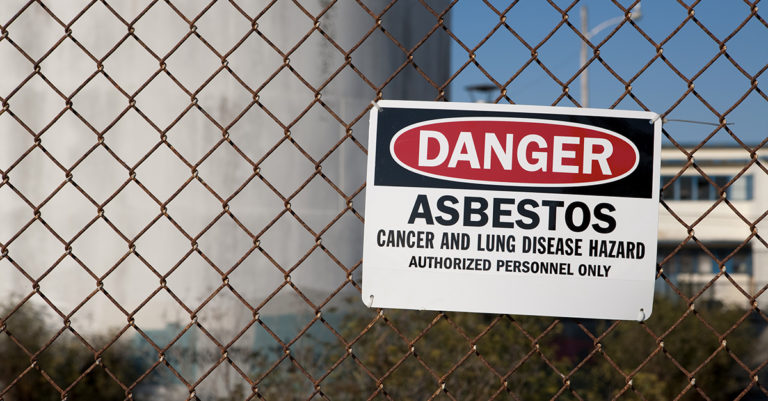Three new studies took a deeper look into the U.S. Food and Drug Administration (FDA) regulatory process.
Results from the studies found that FDA approval does not necessarily mean the medication or medical device was arduously examined and proven safe beyond all doubt.
Published in the Jan. 22 edition of the Journal of the American Medical Association, the studies reveal an agency under extreme pressure to get drugs into the market in a fast yet responsible manner. Specifically, the studies found:
- The FDA does not apply the same standard of evidence to all drugs going through clinical trials. Rather the FDA approves medications based on criteria that vary on a case-by-case basis.
- The FDA often approves upgraded versions of current heart devices without necessitating a clinical trial.
- The FDA frequently overlooks initial issues in drug trials that later cause substantial delays in the approval of new drugs.
For instance, the first study reviewed publicly available FDA documents and found a wide disparity in the quality of evidence used for the drug approval process. Many of the clinical trials varied in duration and size, as well as the number of participants. This can suggest a lack of consistency in the approval process from one drug to another.
The FDA treats every drug application differently and therefore applies diverse approval standards for each drug, according to a HealthDay article.
“We’re not saying that the FDA is not thorough and not rigorous in their evaluation of these new drugs at the time of their approval,” said Dr. Joseph Ross, assistant professor of medicine and public health at Yale University and co-author of one of the studies, in the article. “But it should be made clearer to physicians and their patients that when a drug has been approved for use, sometimes we know a lot about it and sometimes we know less. That information needs to be made available.”
You can Read More about the FDA drug development and approval process here.




